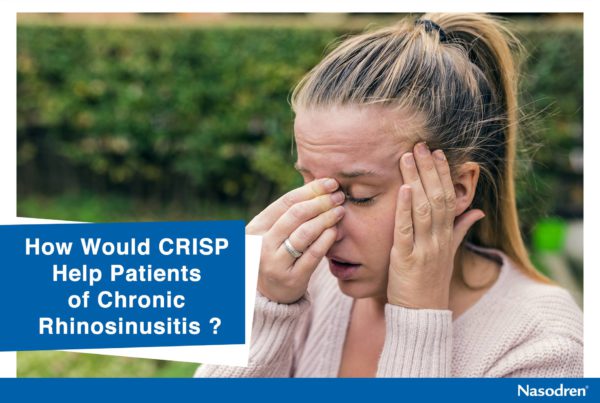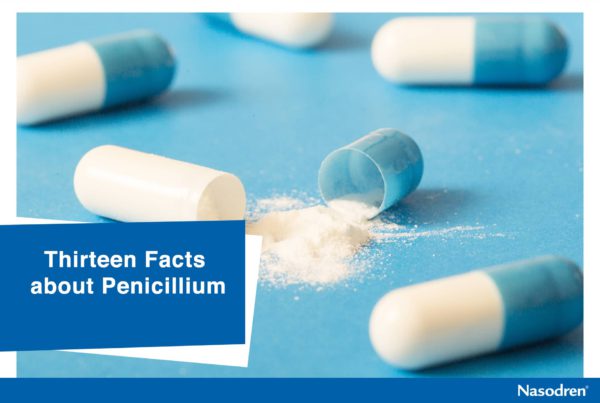Treatment of maxillary sinusitis
General medications for acute and chronic maxillary sinusitis are similar. However, anti-microbial medication prescription may require extra care in chronic and acute exacerbation of chronic condition due to chronic inflammation of the mucosa and variation in microbiology of the former. In both acute and chronic maxillary sinusitis, culture-based therapy is selected. A short-term course of antibiotics may be helpful in case of acute exacerbation of chronic maxillary sinusitis.
Acute maxillary sinusitis is mainly infectious disease, whereas more than one factor is responsible for chronic maxillary sinusitis. The purpose of the treatment of acute sinusitis is to eliminate infection and reduce symptoms. However, treatment of chronic sinusitis is complex due to need for examining and resolving other associated problems, such as anatomical defects, atopy and immunodeficiency. Thus, treatment of chronic maxillary sinusitis spreads over long period of time. And, it requires reviewing and reassessing the selected therapy.
The treatment for both forms of maxillary sinusitis consists of anti-inflammatory, decongestants and mucus modulation medicines.
Anti-inflammatory medications
Anti-inflammatory medications are divided into six (6) subcategories: allergen-specific drugs, antihistamines, leukotriene modifiers, mast cell stabilization, monoclonal antibodies and steroids.
Allergen-specific therapy involves elimination of foods causing allergy and immunotherapy. The patients who do not respond to medications or whose symptoms last for six (6) months are advised to undergo immunotherapy.
Physicians may choose from first- and second- generation of oral, and topical intranasal antihistamines for the treatment. Azelastine and olopatadine are commonly used topical intranasal medications. The first-generation oral antihistamines comprise brompheniramine, chlorpheniramine and diphenhydramine. The range of second-generation oral antihistamine consists of cetirizine, desloratadine and fexofenadine.
The leukotriene modifiers consist of 5-lipoxygenase inhibitors and leukotriene receptor antagonists. Cromolyn sodium is used for mast cell stabilization. Monoclonal antibodies include antiimmunoglobuline E and antiinterleukin-5.
There are three different types of steroids used in the treatment. Intranasal corticosteroids include budesonide, ciclesonide, flunisolide, mometasone furoate and triamcinolone acetonide. Oral corticosteroids consist of methylprednisolone and prednisone. Budesonide respules is an example of topical steroid medication.
Decongestants
Doctors may prescribe oral or topical decongestants such as oxymetazoline, phenylephrine and pseudoephedrine.
Mucus modulation
Anticholinergics, mucolytics and nasal saline are used for mucus modulation. The topical anticholinergic nasal spray, ipratropium bromide is generally used with topical nasal steroids. The spray reduces rhinorrhea. However, it should not be used for chronic maxillary sinusitis because its continuous use results in prolonged thick discharge. Although the spray is safe, not much research has been done on its efficacy in respect to acute and chronic maxillary sinusitis.







